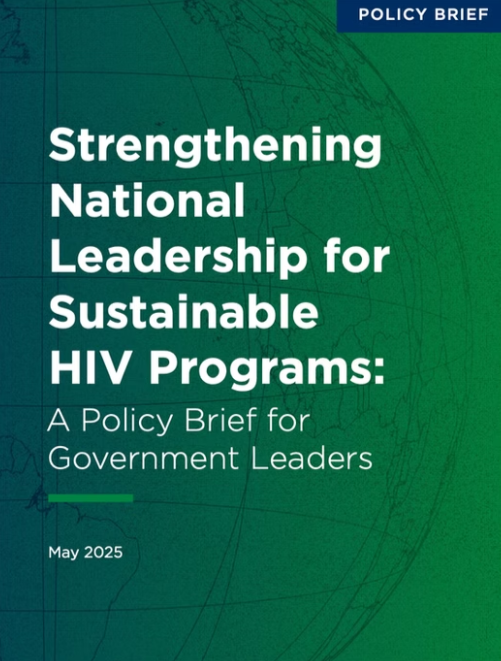Breast and Cervical Cancer Screening Services in Malawi: A Systematic Review
Breast and Cervical Cancer Screening Services in Malawi: A Systematic Review
Abstract
Background
To identify and to assess factors enhancing or hindering the delivery of breast and cervical cancer screening services in Malawi with regard to accessibility, uptake, acceptability and effectiveness.
Methods
Systematic review of published scientific evidence. A search of six bibliographic databases and grey literature was executed to identify relevant studies conducted in Malawi in the English language, with no time or study design restrictions. Data extraction was conducted in Excel and evidence synthesis followed a thematic analysis approach to identify and compare emerging themes.
Results
One hundred and one unique records were retrieved and 6 studies were selected for final inclusion in the review. Multiple factors affect breast and cervical cancer service delivery in Malawi, operating at three interlinked levels. At the patient level, lack of knowledge and awareness of the disease, location, poor screening environment and perceived quality of care may act as deterrent to participation in screening; at the health facility level, services are affected by the availability of resources and delivery modalities; and at the healthcare system level, inadequate funding and staffing (distribution, supervision, retention), and lack of appropriate monitoring and guidelines may have a negative impact on services. Convenience of screening, in terms of accessibility (location, opening times) and integration with other health services (e.g. reproductive or HIV services), was found to have a positive effect on service uptake. Building awareness of cancer and related services, and offering quality screening (dedicated room, privacy, staff professionalism etc.) are significant determinants of patient satisfaction.
Conclusions
Capitalising on these lessons is essential to strengthen breast and cervical cancer service delivery in Malawi, to increase early detection and to improve survival of women affected by the disease.

